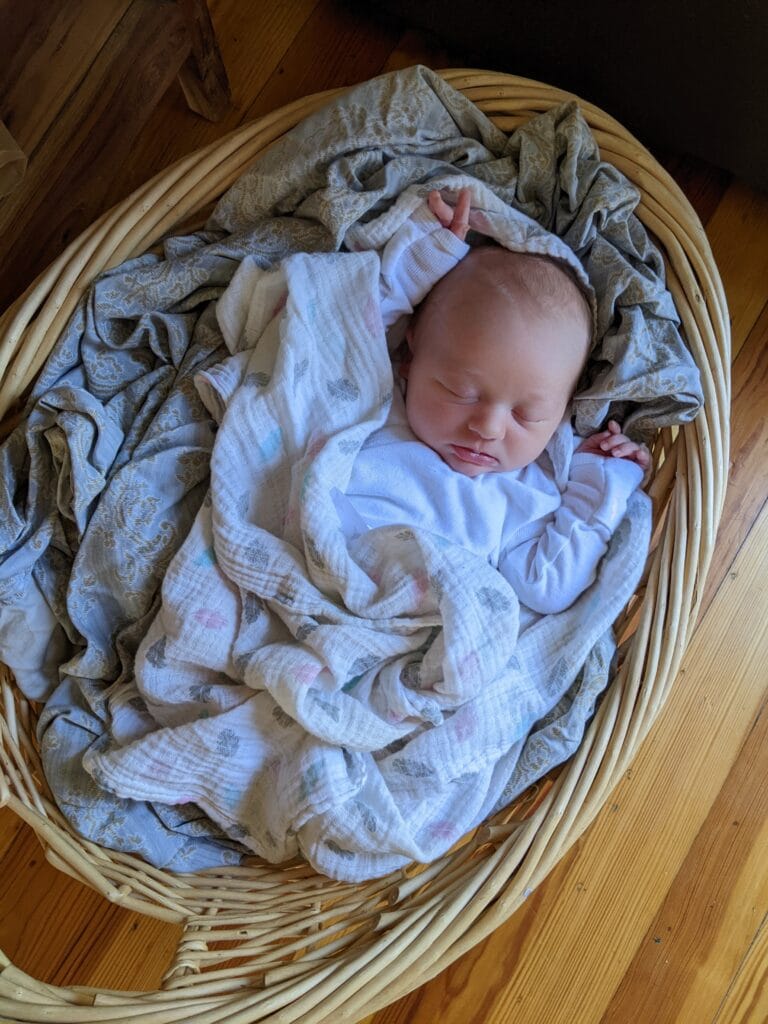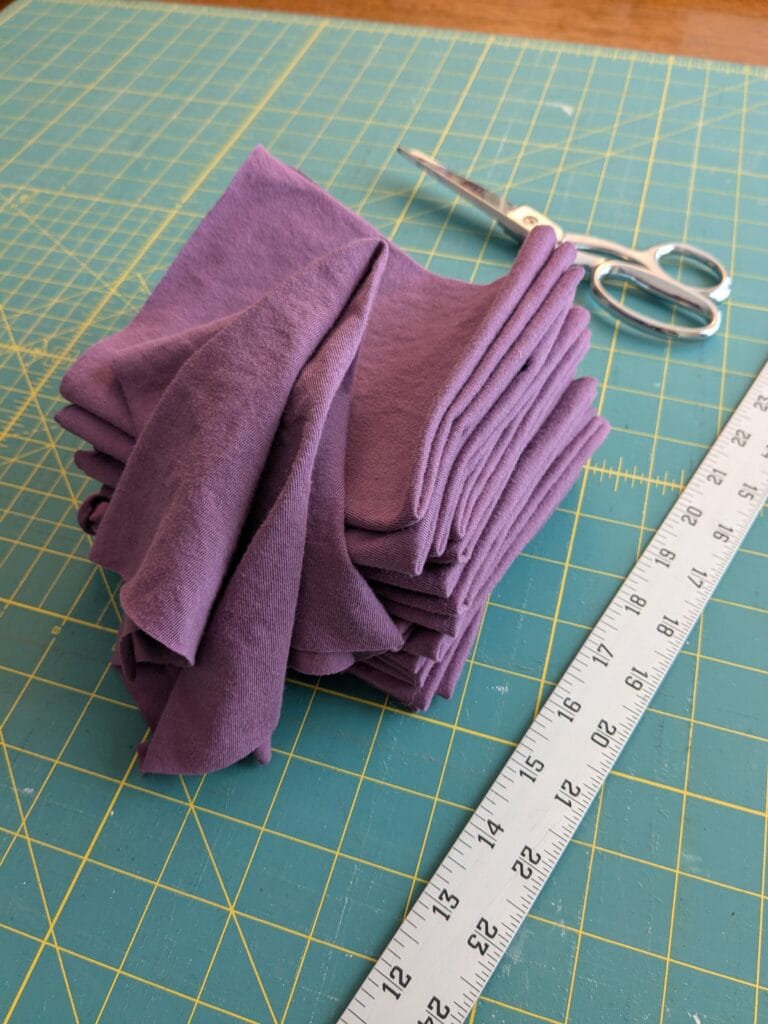Coping With Multiple Miscarriages: How To Care for Yourself After Loss, Part 3/3
If you’re coping with multiple miscarriages, I hope these reflections offer comfort and gentle ideas for self-care during recovery.
If you haven’t read the first two parts of this series, I encourage you to start there. Each post builds on the last — from the early days of shock and grief to finding ways to cope, and finally to discovering what gentle, ongoing healing can look like.

What Helped Me Cope – Practical Self-Care
Did I mention that the hormone swings after a miscarriage are crazy making?! My emotions could turn on a dime — smiling one minute, sobbing the next. It was disorienting and exhausting.
I found comfort in reducing my overall responsibilities, soaking in the sun, taking daily walks, confiding in friends who’ve also had multiple miscarriages. They were lifelines for me during this process.
Because I had my third miscarriage in June, it was easy to rest, eat simple picnic food, lie in the grass, and feel the sun warm my skin. I had to let go of my usual pace and expectations of productivity. My kids went along for the ride and I don’t think they minded.

Finding Emotional Support
Joining a miscarriage support group or quietly reading others’ stories will help remind you that this invisible pain is shared by so many women. Sometimes, just knowing you’re not the only one helps you take another breath.
There are online groups to reach out to if you have no one in your life who has experienced this before. I highly recommend seeking some sort of support or counseling.
It’s a lonely and tiring place to be, especially when people forget what you’ve been through, what you have on your mind day after day. Month after month, the grief resurfaces with each cycle, as you ride the huge waves of grief and hope, releasing and longing.
The world moves on quickly, but grief doesn’t. It lingers quietly in the background of your days, surfacing when you least expect it — while folding up those maternity clothes you had just gotten out to wear, during a friend’s pregnancy announcement (or “scare,” which is almost worse), or laying sight on a woman with as many kids as you would’ve had by now.
For me, self-care after miscarriage looked very slow and steady, trying to be present with my living children, and being as patient with them and myself as possible.

Moments of Connection With And Grace From My Daughter
My 7-year-old was incredibly understanding throughout the whole process. I would apologize yet again for breaking down or snapping, and she would just rub my back and say, “ It’s okay. I understand. That’ll happen when you lose a baby.”
Her empathy softened me. Sometimes, when I couldn’t find the words to explain how broken I felt, she’d simply sit beside me and rest her head on my shoulder. It reminded me that healing often comes from the love that’s already here.
I always had a good cry in those moments, which I think helped my daughters understand that grief comes in unexpected waves of sadness for what was lost and joy for what still is.
Grieving in front of my daughters became its own kind of lesson — that strength isn’t about holding it all in, but about staying open and real together.
The Hormonal Rollercoaster
I thought for sure I would need to go back to see my therapist during my first luteal phase after my third miscarriage, but then my period arrived, and I actually felt better. My hormones regulated once again, and I felt a little less crazy.
Our bodies are miraculous and maddening after loss. The rise and fall of hormones can make you feel both unrecognizable and strangely alive again — a reminder that your body is still working, still trying to find balance.
If you’re in the thick of it, remember that post-miscarriage hormones can take weeks to stabilize. Mood swings, fatigue, hair loss, and even a sense of “crazy” are part of your body’s recalibration.

Returning to the Natural World
Because my baby was taken from me, I kind of felt like nothing mattered anymore. I wanted to just purge everything I didn’t need in my house, I wanted to remove anything from my life that wasn’t as important as this child was to me.
I think the biggest thing I needed was alone time. I needed help with my kids, I needed to spend time in nature, I needed to commune with the natural cycles of things.
I spent hours tending the flowers in my garden, walking through the woods near our home, watching the plants flourish and grow, and then fall and decay into soil. It gave me a way to understand loss — that death and renewal are always intertwined. In those quiet moments, I began to sense that my grief was part of something ancient and cyclical, not something wrong or broken in me.
Nature became both mirror and medicine, reminding me that everything has its season — even sorrow.

Healing After Consecutive Miscarriages
I know that birthing a healthy full-term baby can heal the wounds of a miscarriage. I’ve done that before. But I think the healing process takes longer when you’ve had consecutive miscarriages and it leads you to believe that there may not be another baby in your future. Yet, I still have grief for the first baby I lost. It never ends. It’s just circular and changes shape.
I just know those who have experienced fertility challenges and have not had a baby, have gone through some of the hardest invisible pain anyone has ever experienced.
Facing An Unknown Future
I still don’t know what the future holds. Sure, progesterone supplementation has already helped some of my mood swings in the luteal phase before these post miscarriage periods. But, there’s no guarantee of a healthy full-term baby, ever. I will never have the innocence of going through pregnancy without the fear of losing it again.
I’ve had to learn what faith looks like when the outcome isn’t guaranteed. It’s softer now — less about certainty, more about trust in the unfolding.

A Final Word of Comfort
If you or someone you know are grieving multiple miscarriages, you are not alone. Mothers hold so much—joy for the children we raise and sorrow for the babies we lost.
I didn’t know it was possible to appreciate my living children more deeply, but I do now! And I cherish my body and how it takes care of me. I grieve the babies I lost, while still daring to hope.
I’m just taking one day at a time.
Healing doesn’t mean forgetting. It means finding ways to live alongside the ache, to let love and grief coexist. My heart carries both now — the weight of what was lost, and the beauty of what remains.
A friend’s husband, who admitted that it’s hard to say the right thing, said the simplest, truest thing anyone could: “I hope it’s the last one.”
Me too.

Further Reading
If this reflection resonated with you, you can also read the first two parts of this series:
• Part 1 — Coping With Multiple Miscarriages: What Happened to Me
• Part 2 — Coping With Multiple Miscarriages: When You Know How To Let Go
If you’re here as a friend or loved one wanting to help, you can also check out my post How To Support Someone After a Miscarriage, where I share ideas for meal support, what to say (and not say), and how presence matters.
Pin This Post







What helped you heal after loss? I’d love to know what comforted or carried you through—it may be just what another mama needs to hear too.